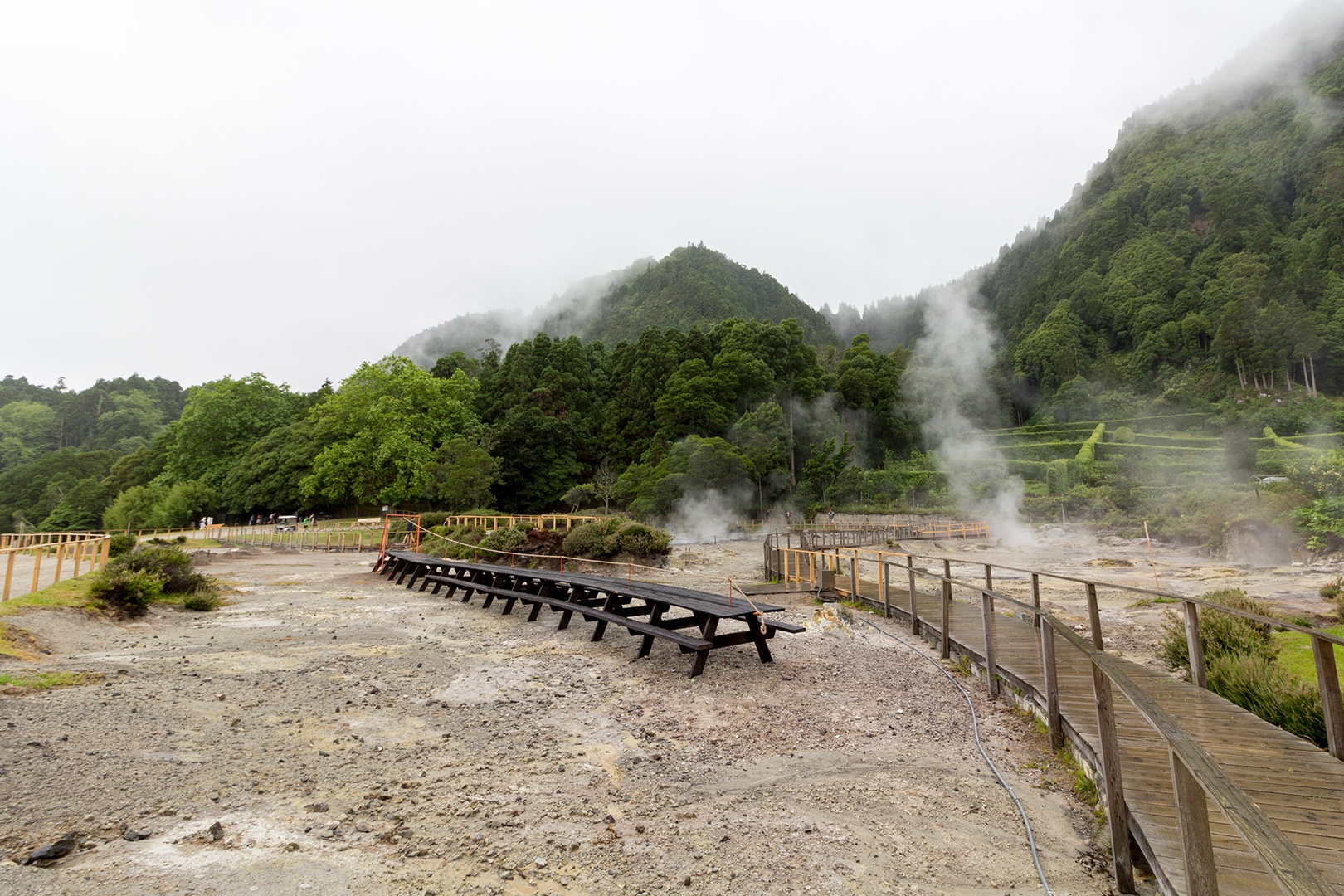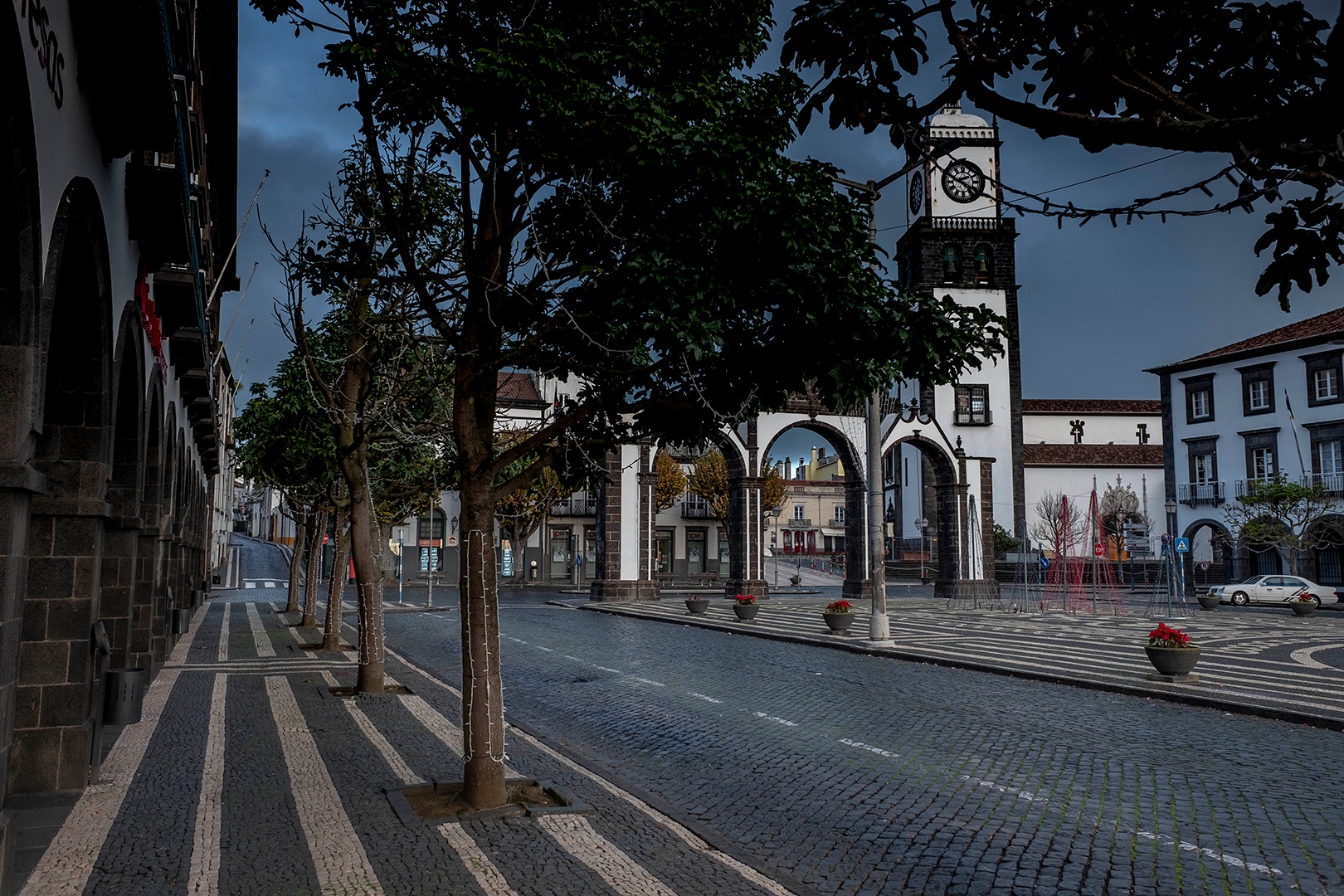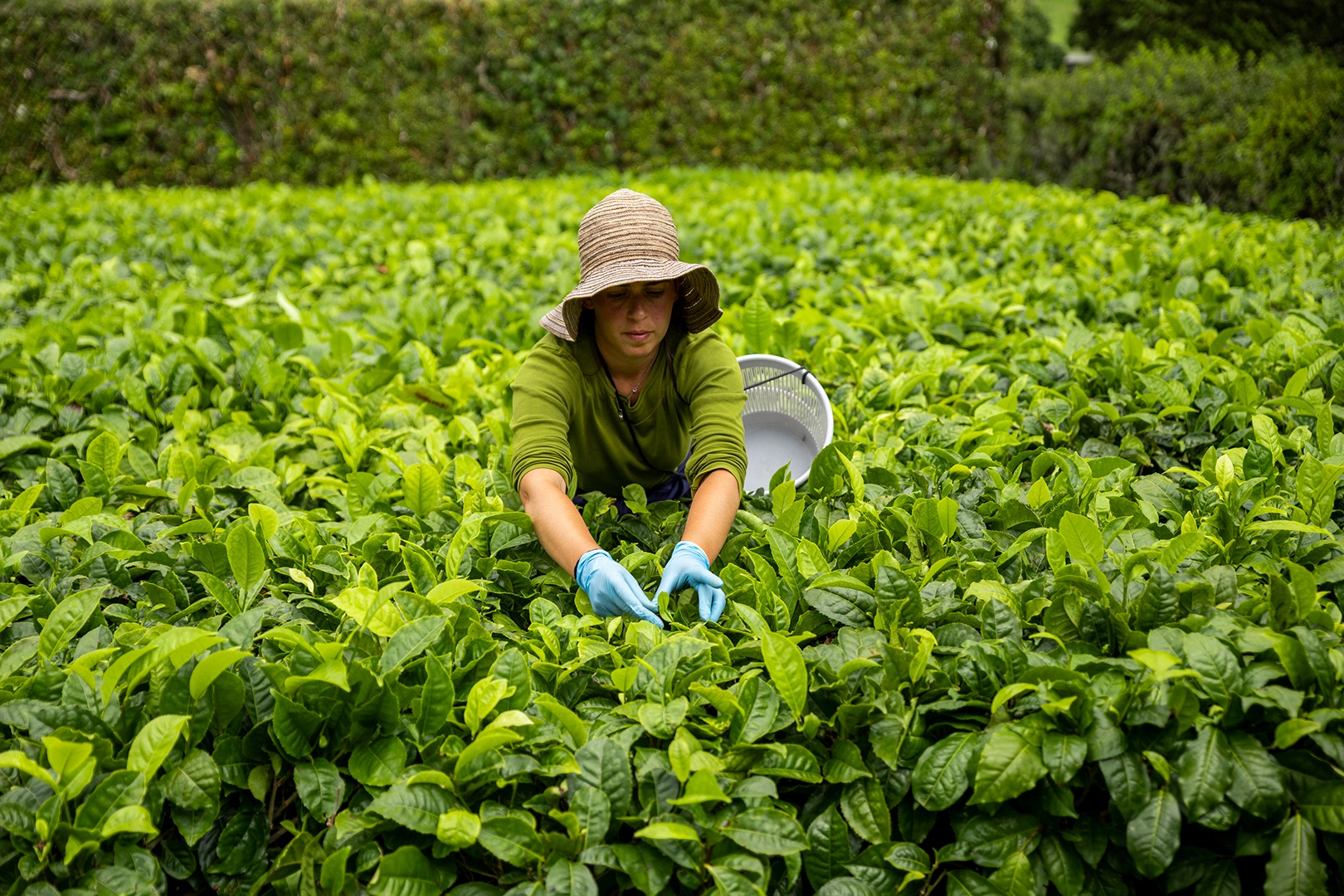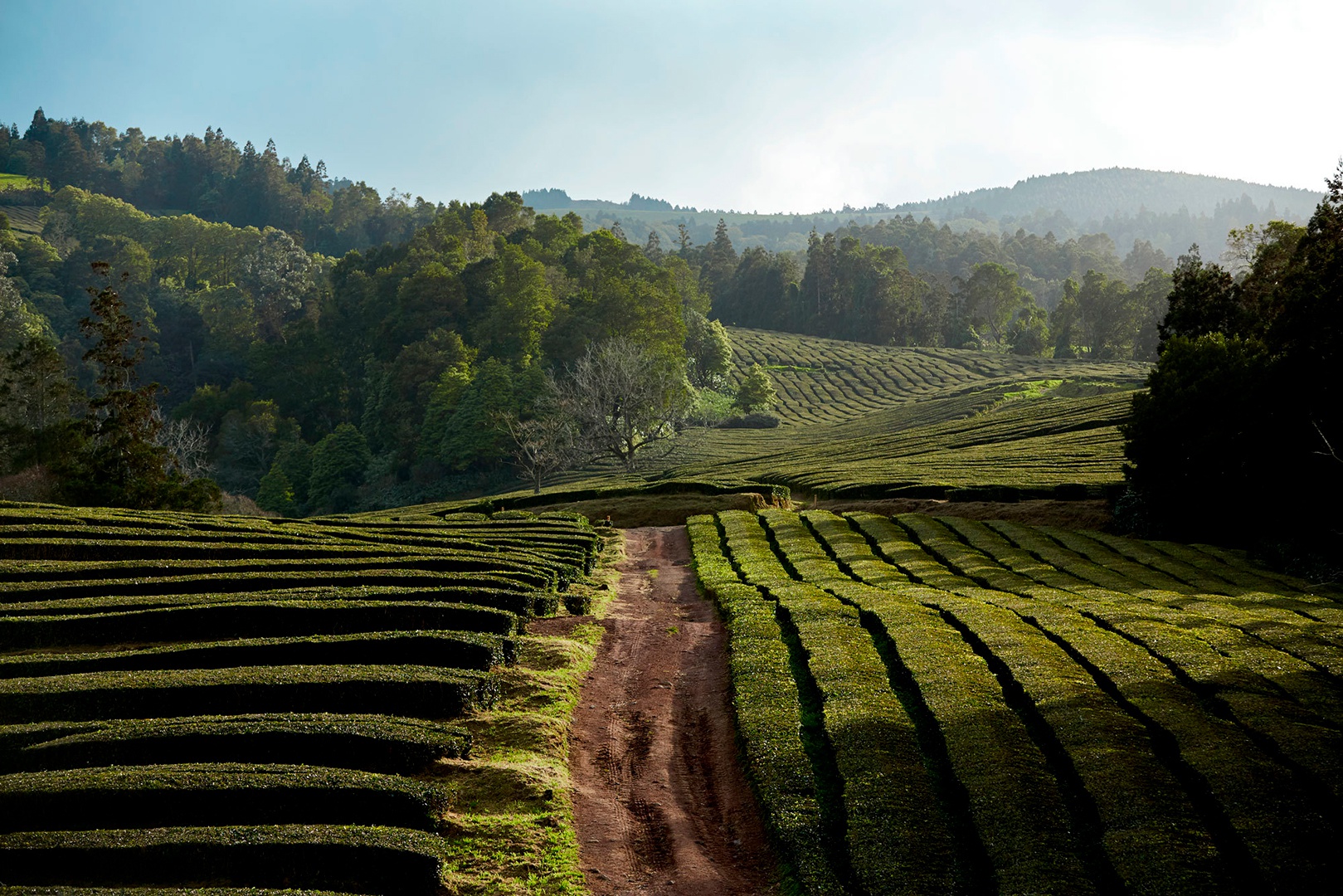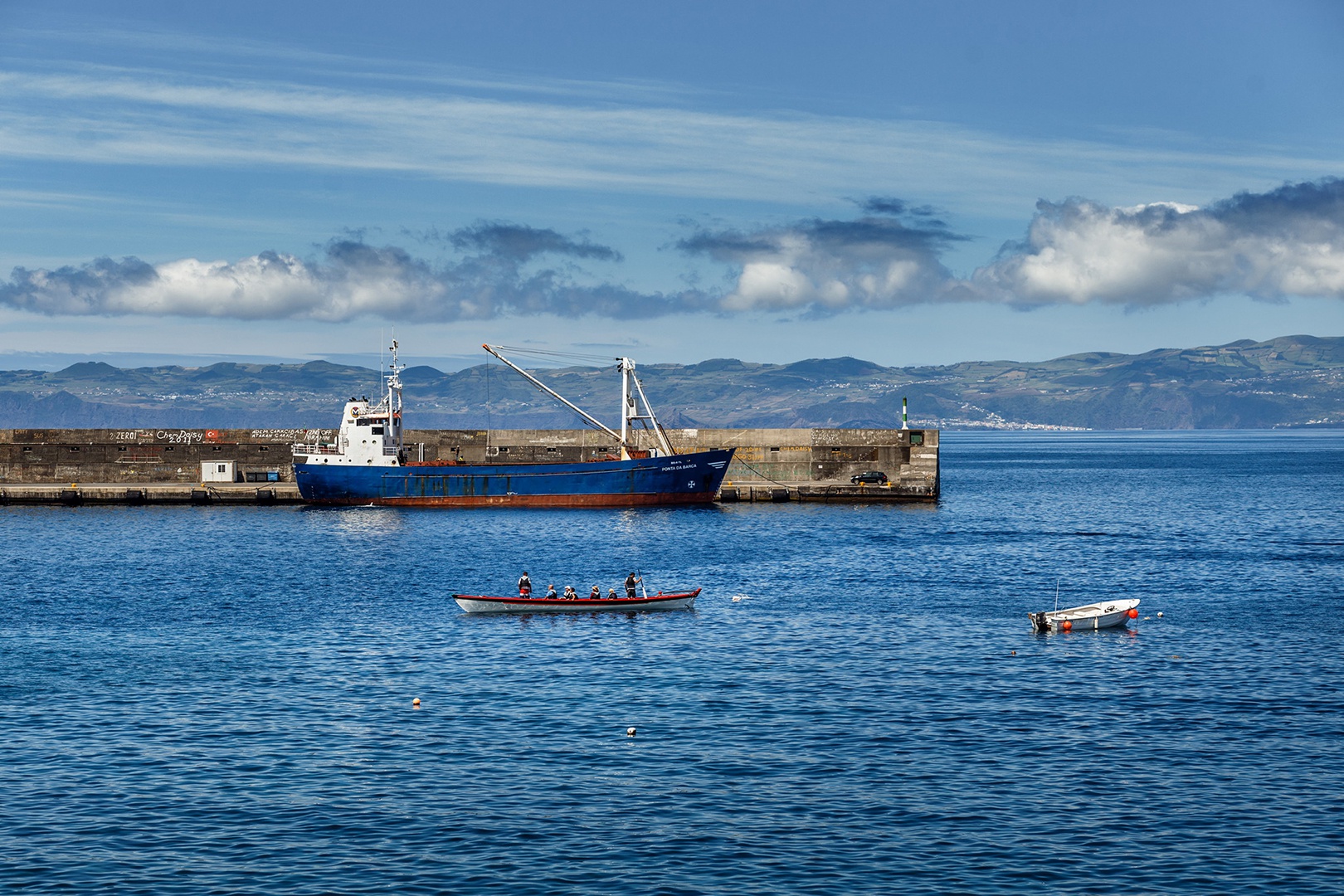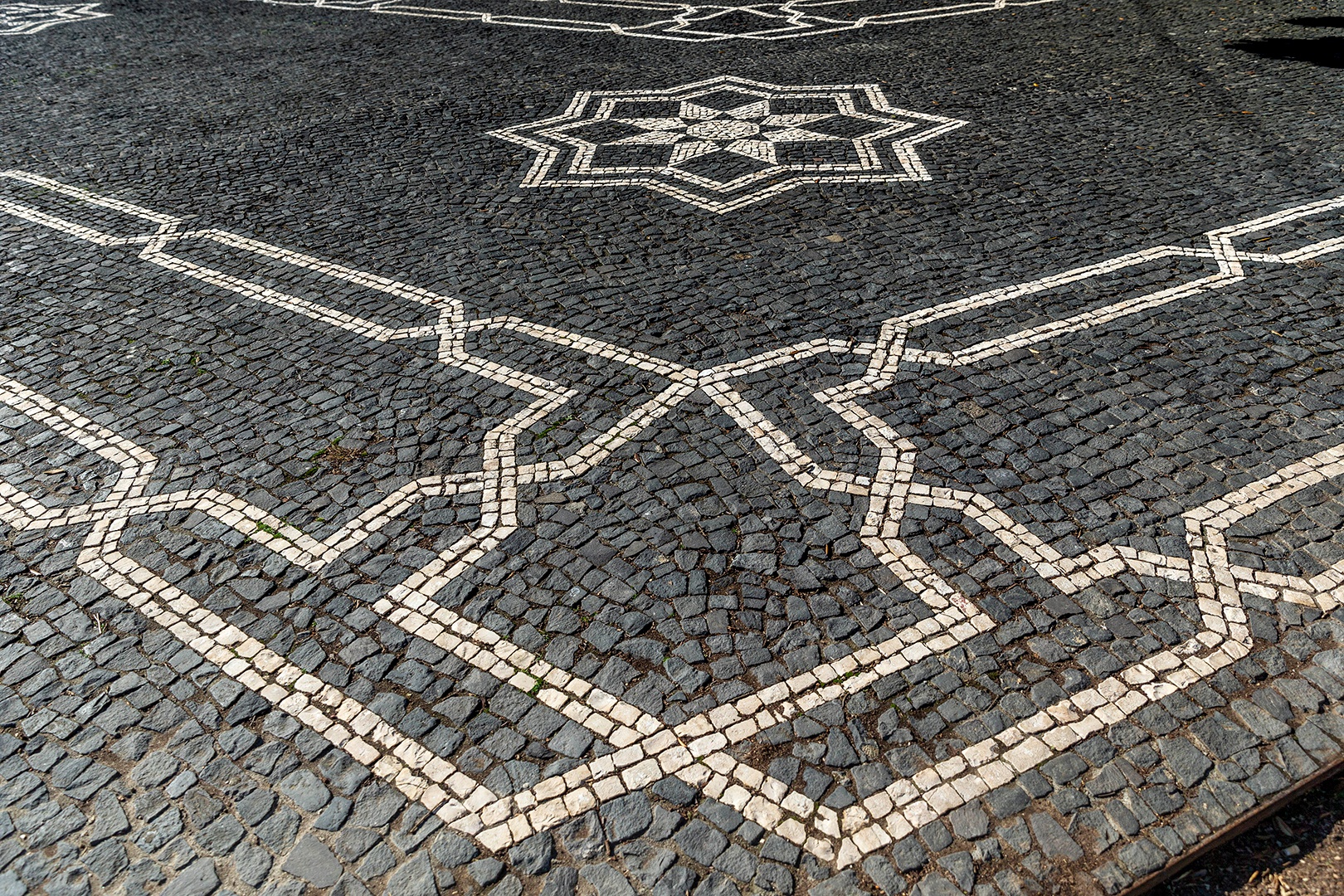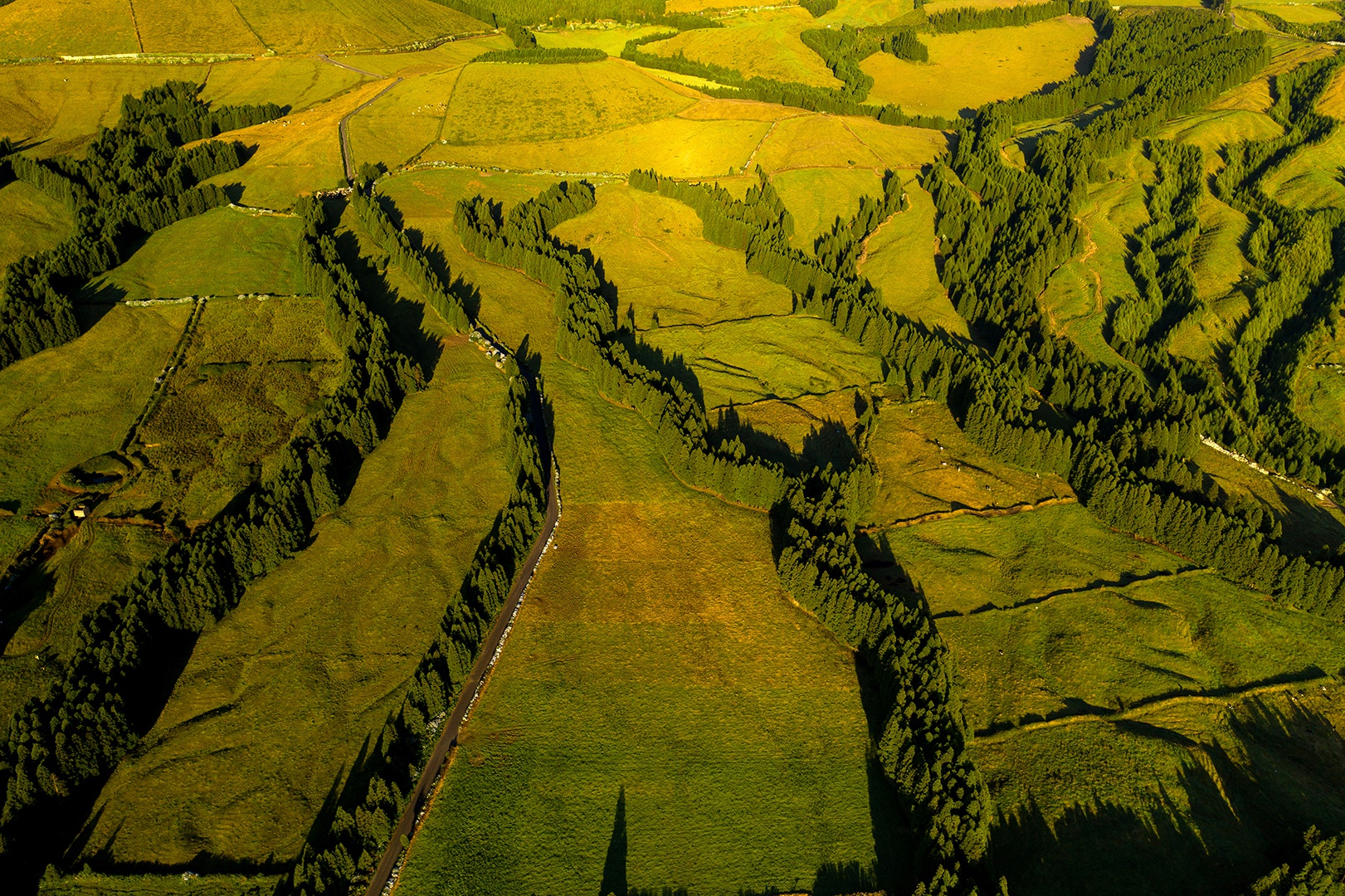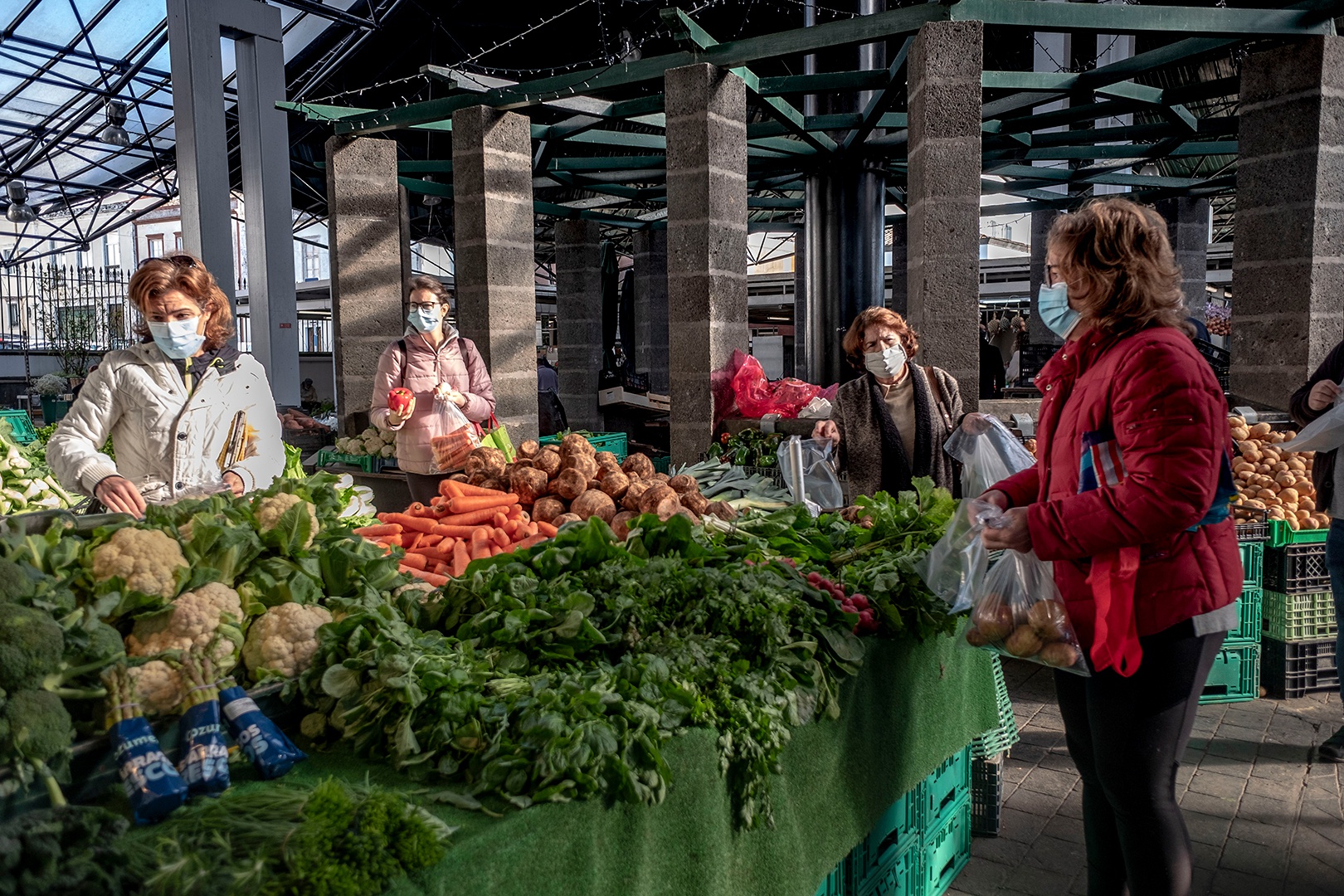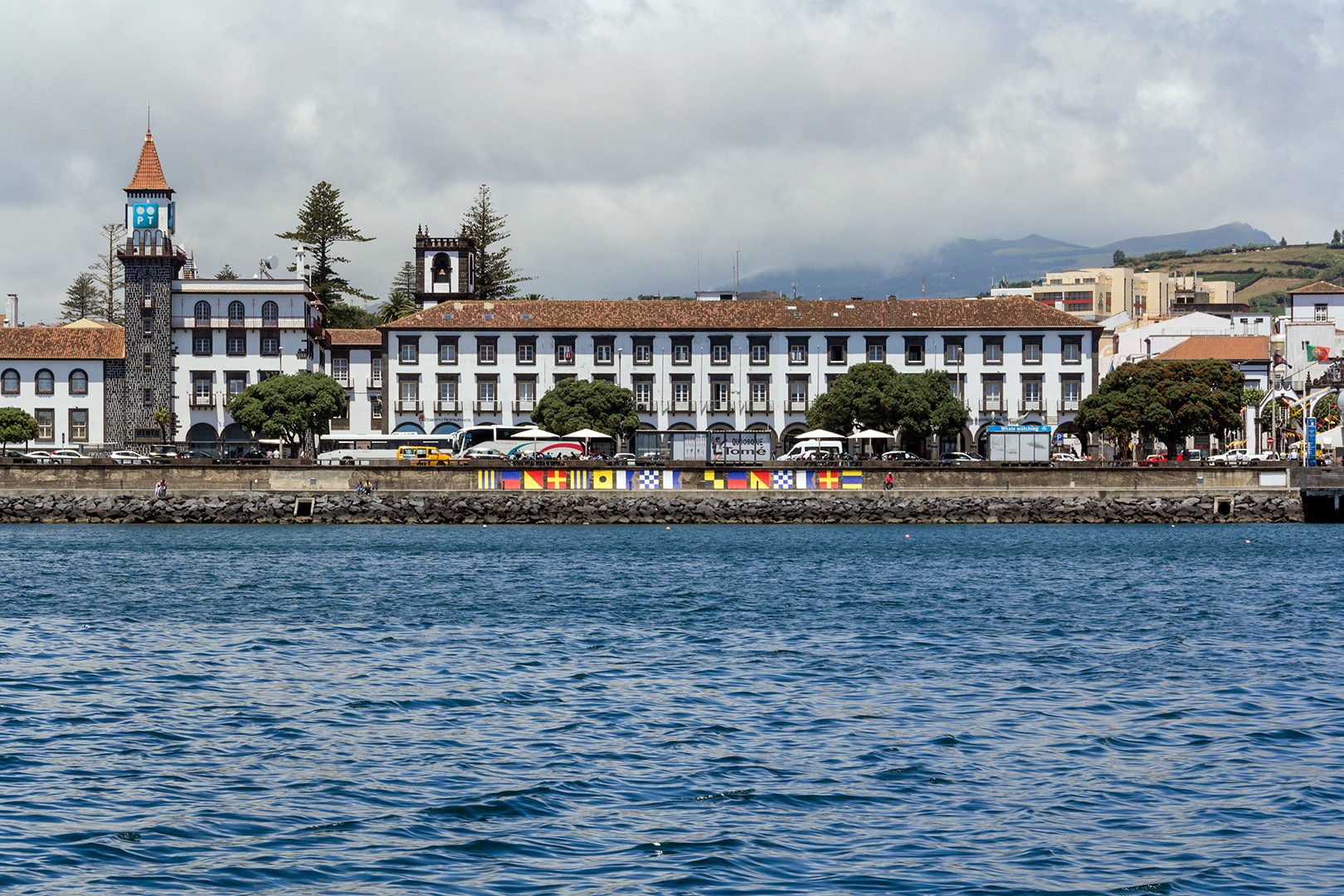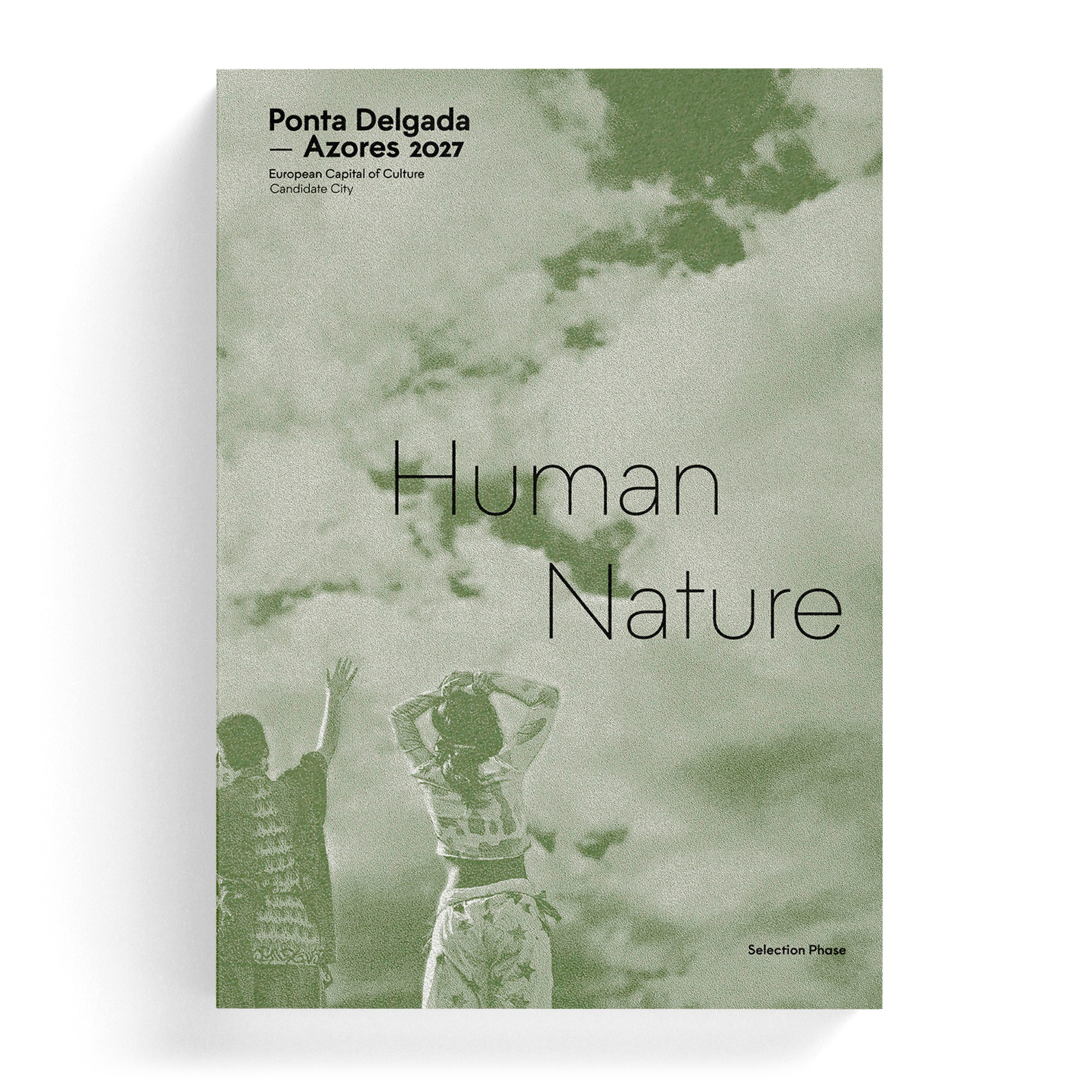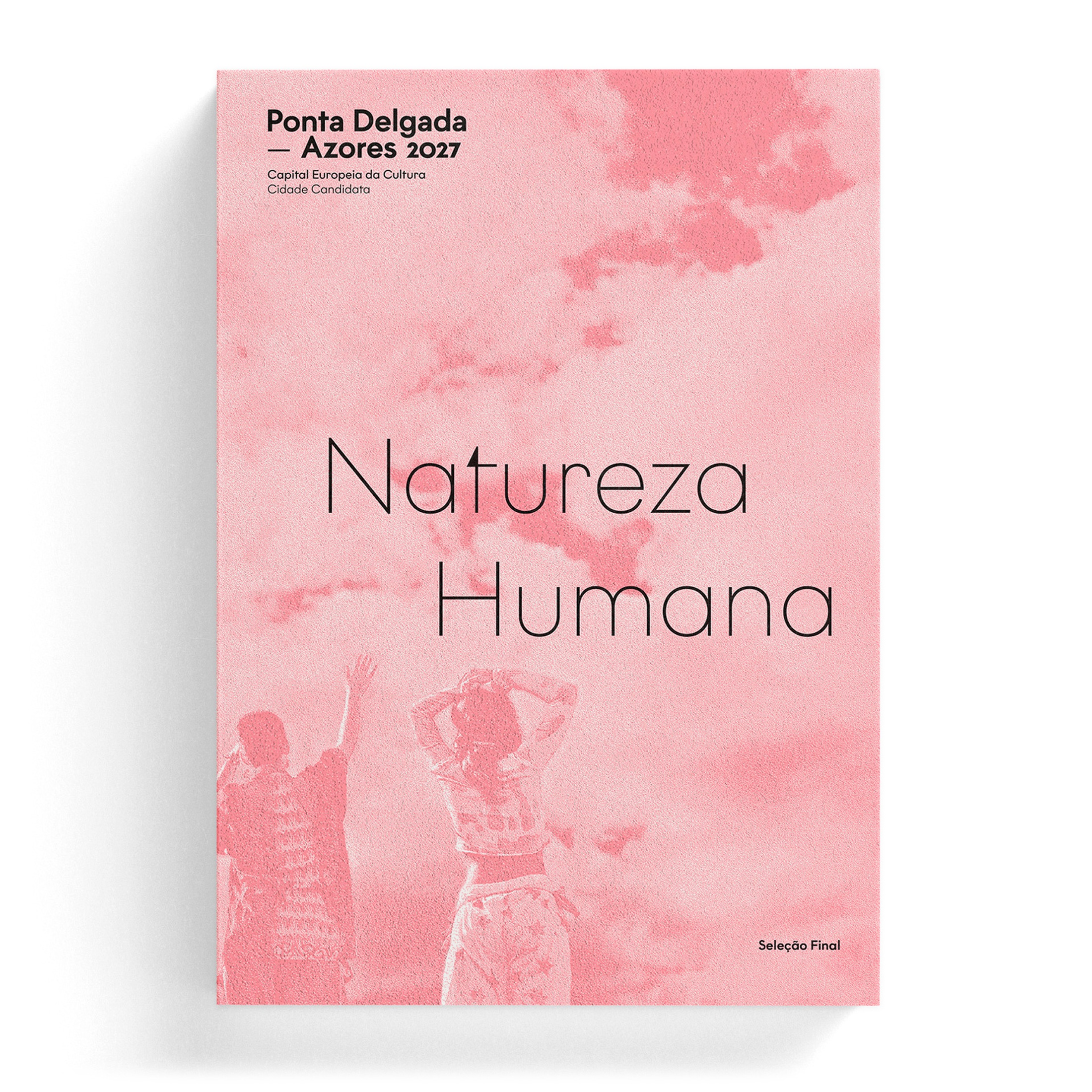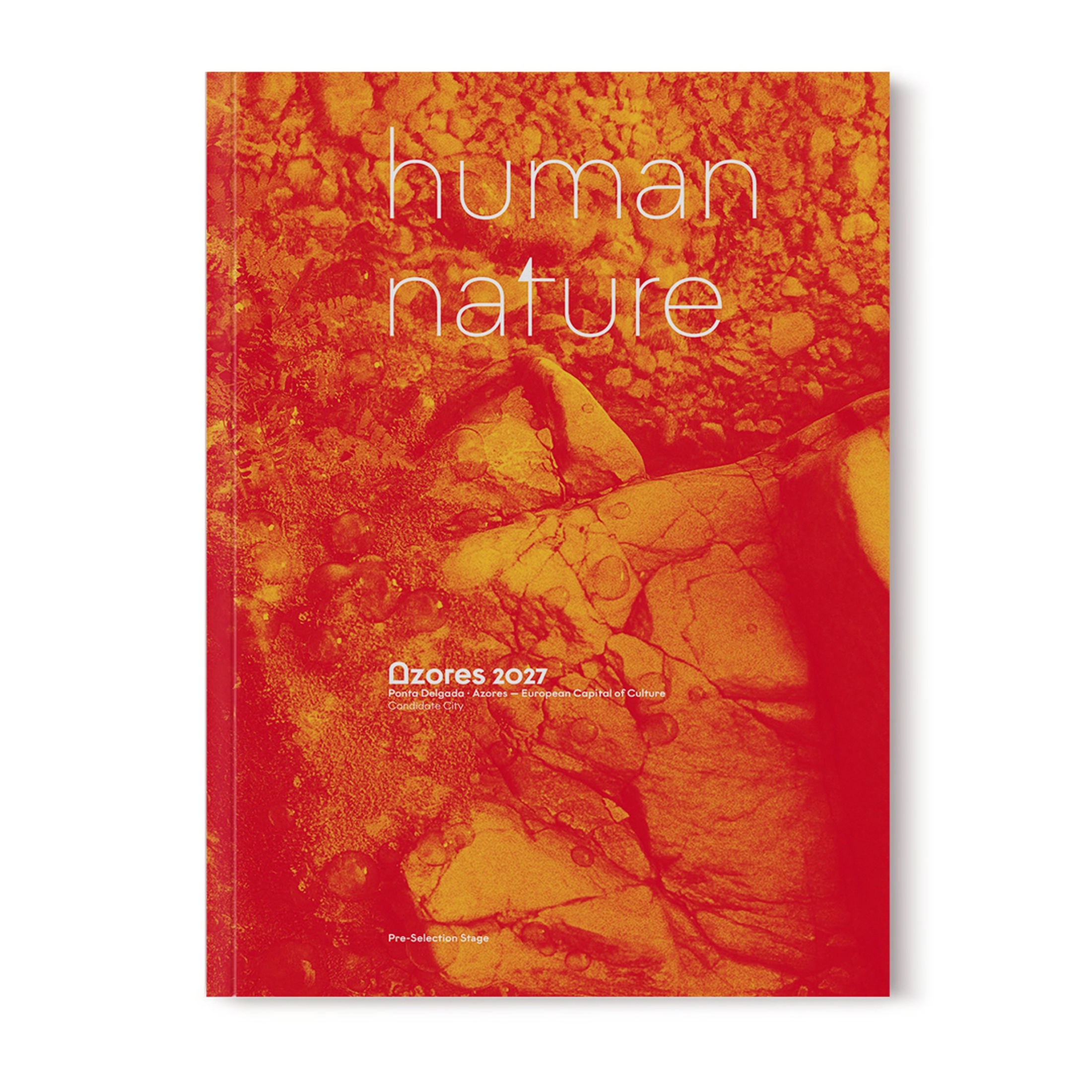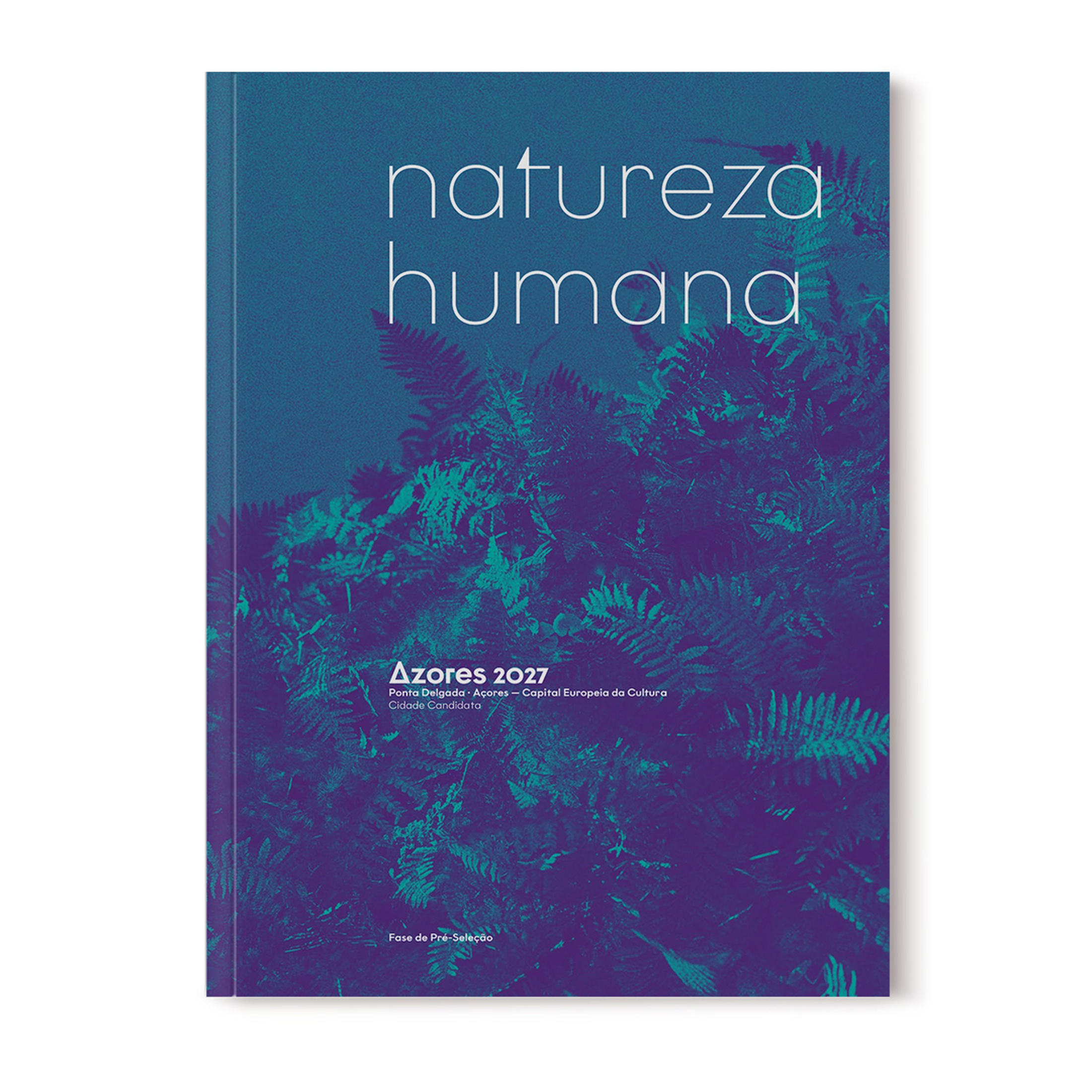Bid Book
Get to know the selection and pre-selection bid books of the candidacy of Ponta Delgada - Azores 2027 for European Capital of Culture. Discover the future we imagined collectively, a future of transformation through the power of culture and the arts.
THE CITY AND THE REGION
The Azores, discovered by the Portuguese in 1427, are an autonomous region with a solid cultural and geostrategic history. The city of Ponta Delgada is part of this archipelago, located between the European and American continents, which, if strengthened from a cultural, social and economic point of view, can be the best ambassador of European values on the maritime route to the Americas. We can be the best of mirrors and labs. Like the 27 Member States, we are nine islands more united in diversity, in search of cohesion through a culture of their own and open to the world.
Ponta Delgada was accompanied, in this gesture, by the entire archipelago, assuming that it is the internal differences that make the Azores a culturally powerful region, with its cultural stakeholders and artists. It is from this Archipelago of People that we propose a programme with different scales of activation, from the smallest to the largest event, linking urban and rural, land and sea, and encouraging cooperation within and between islands.
The Azores want to be known to Europe through an artistic and cultural programme that combines a transcendent and preserved Nature with the appreciation of Geography, History and creativity as founding elements of an increasingly plural and diverse identity. We will depart from the city to the municipality, from the island to the archipelago, from the archipelago to the continent, from the continent to the world and we will become a European Archipelago of Culture.

CONCEPT
Human Nature is the concept behind this candidacy for European Capital of Culture. Human means Culture, whilst Nature means Place. The culture of this place is made by the relationships between Nature and Culture, Geography and History, the vibrant landscape, the cultural proximity to the Americas, the richness of our traditions and our ability to remain open to the world as an authentic living laboratory of experimentation and innovation.
We are what we are because of where we are. Right now, we need to value our sense of Humanity and respect for Nature as one. It is an appeal to understanding and empathy between humans and non-humans, everything that makes up our Nature.
The project is about a city, an island and an archipelago — several even — because Europe is an archipelago. In a world where the refusal of solidarity emerges, the metaphor of the archipelago is an alternative model to global thinking, based on exchange between islands, which does not cause the loss of identity, but enriches it, through a movement of convergence and unity.
We will create a multi-island cultural programme, where people will be the protagonists, and Nature will be our stage and place of reflection. We are going to develop new audiences, occupy the digital space, make room for new voices and new places. We call for participation, co-creation, communication and collaboration and we will take the territory as a playground, an academy and a stage. It is through Culture that we are going to rethink the world we want to live in, recover our sense of humanity and transform the Azores into an Archipelago of People.

ARTISTIC VISION
We created four lines of artistic and cultural programming. Each line is an archipelago: Creativity, Participation, Nature and Europe and the World. All archipelagos are interconnected and complementary, and tell a narrative of Europe, the Atlantic Ocean, the Azores and Ponta Delgada. It is a narrative of social, cultural and ecological sustainability that addresses European themes and values around central issues of the present and future of the Azores.
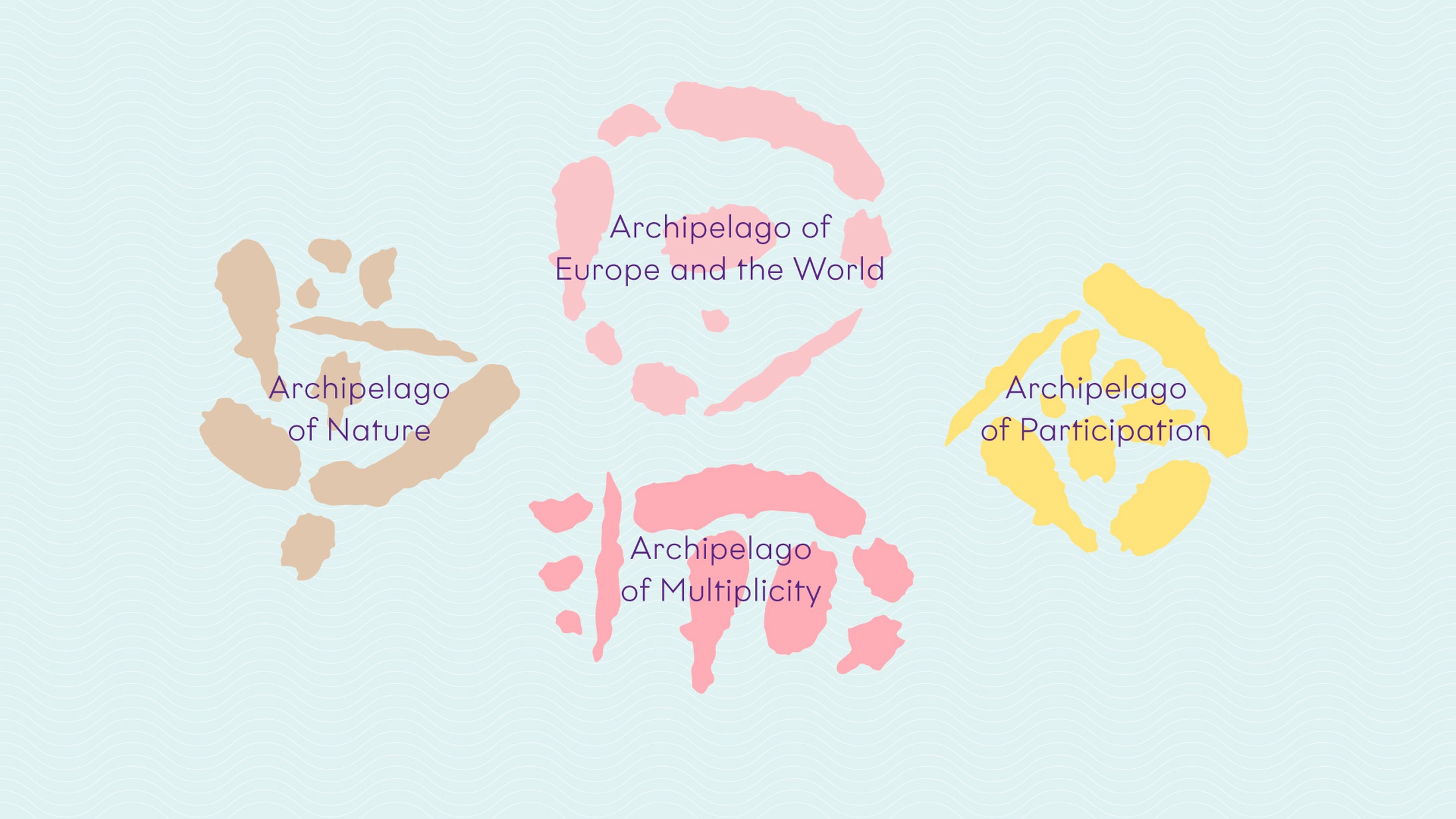

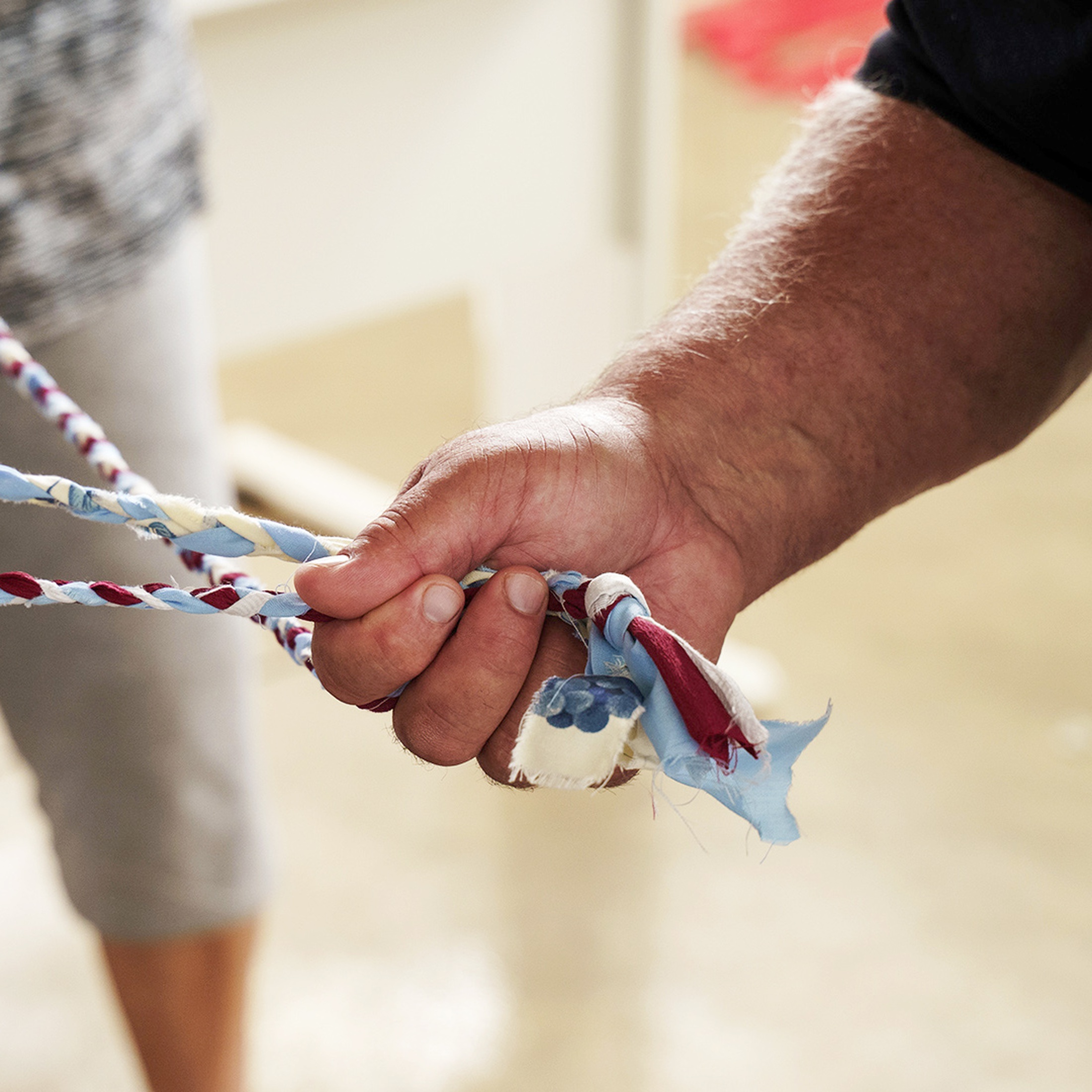
Archipelago of Creativity
The Archipelago of Creativity showcases a bold and vibrant cultural and artistic scene, strengthening its cultural capacity while attaining professionalisation and sustainability by engaging in cooperation and inventive and imaginative dialogues with other economic sectors. There will be interactions with research, technology, tourism, business and health places, whilst the creative economy will thrive in the city centre and our rural neighbourhoods. Creativity in this archipelago unifies a culturally fragmented region's singularities and narratives. It juggles scales of cultural intimacy with island-wide collective experiences. Not only is this our contribution to foster, treasure and cross creative borders between the urban and the rural, but also the possibility of creating more work and presentation spaces for the Cultural and Creative Sectors.
Archipelago of Participation
The Archipelago of Participation is about the right to access cultural and artistic practices and capacity building opportunities. We want to overcome physical, economic, social and intellectual obstacles and revive the European sense of the collective through mutual understanding, social intersectionality, cultural democracy and the representation and identification of different communities with Culture. We aim to create toolboxes to develop new audiences, involve diverse communities in cultural projects, not as mere spectators but as participants who take the reins of their initiatives and narratives and their places of speech. Because knowledge is a European Capital of Culture’s main legacy, we want to strengthen the cultural and creative sectors in its technical and artistic dimensions.
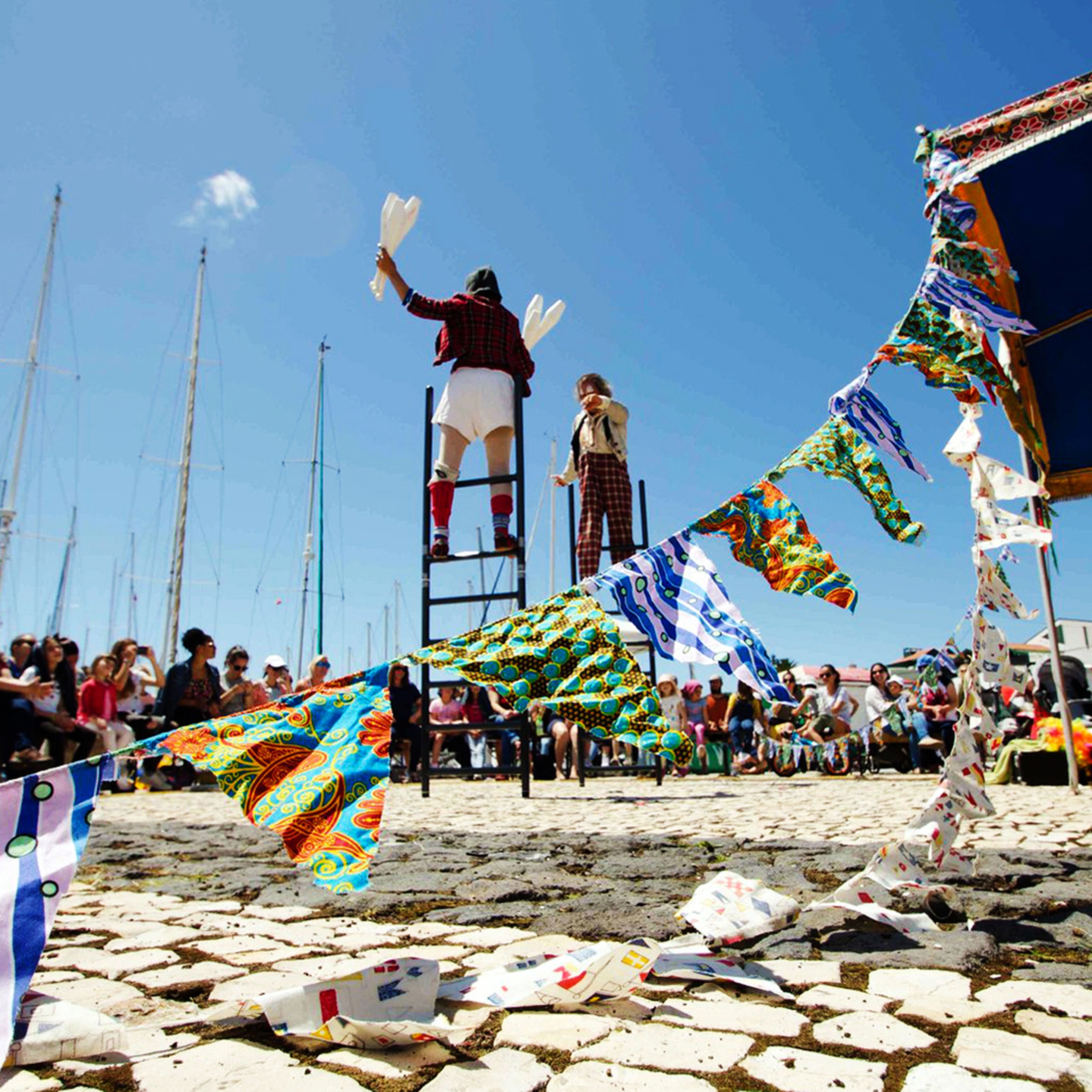
Archipelago of Nature
The Archipelago of Nature addresses our connection to the natural world with an insular, archipelagic and European vision of sustainable development. The Nature that surrounds us is our greatest asset. Nature is not separate from us, we belong to nature. In this archipelago, transdisciplinarity takes artistic practices to Nature and brings environmental issues back to the arts world. The projects explore the relationship between Science and Culture, value sustainable, lasting and transformative ideas for creative and cultural tourism, measure the impacts of humanity on the landscape, rethink the landscape in light of good sustainability practices, address not only the threats of climate change and the issue of monocultures, but also contribute to the enhancement of our natural heritage, on land or at sea.
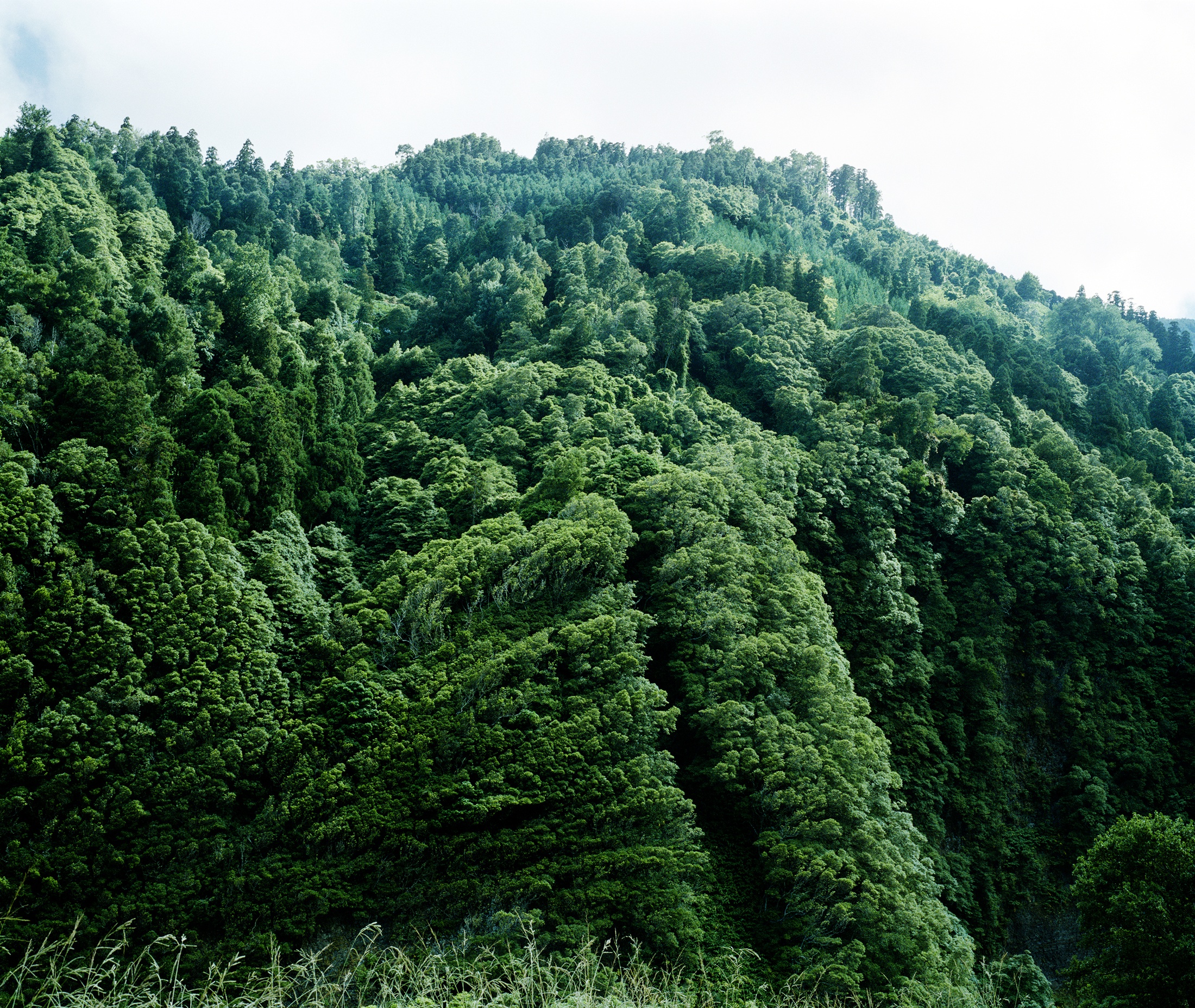
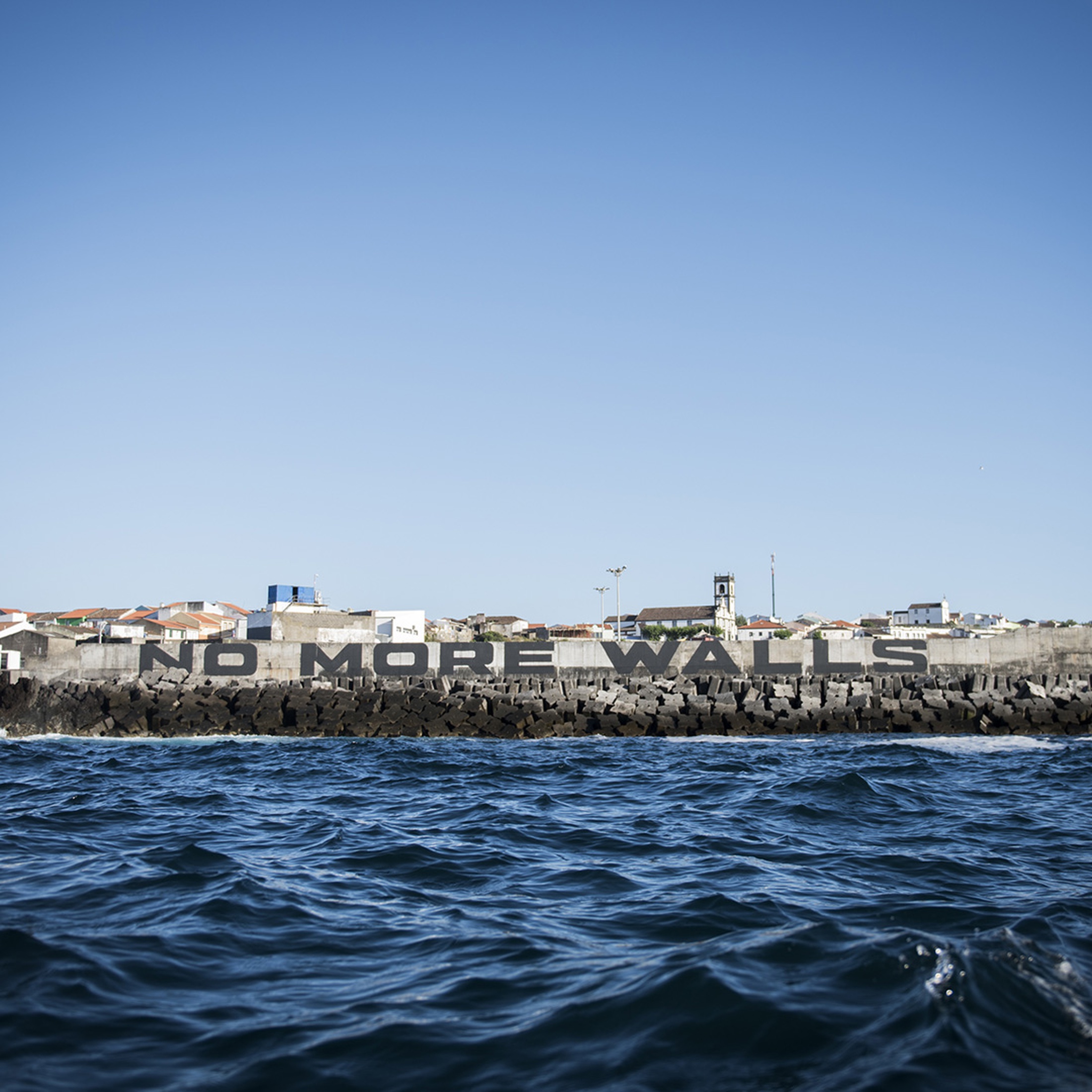
Archipelago of Europe and the World
The Archipelago of Europe and the World is about our History, our place of departures and arrivals, our eternal return. Our History of Europe, the Atlantic, Portugal and the Azores, a History of survival and confrontation with the elements of Nature and our multiple extensions, homes and community connections on the planet. From the center of the Atlantic, we present projects that highlight the History of the Azores in the imagination of Europeans, from maritime expeditions to migratory flows to the Americas and the World. We start with our intangible heritage and our underwater heritage to explore the power of our legacy and traditions in music, literature and gastronomy, giving them an experimental dimension, through a cultural exchange with Europe, and with our diaspora, in several continents around the world.

THE BIDBOOK
The selection bid book of the candidacy of Ponta Delgada - Azores 2027 to European Capital of Culture (ECoC) answers 44 questions and six evaluation criteria: Contribution to the Long-Term Cultural Strategy, Artistic and Cultural Programme, European Dimension, Outreach and Audience Development, Management and Capacity to Deliver.

The English version is the official one, however we are soon sharing a Portuguese version to make sure everyone can read it. The document that is now being published was delivered to the international jury on October 21st 2022. The cultural and artistic content are strategic lines of how to develop the ECoC project.
Below, you can find the bid books of the pre-selection and selection in English and Portuguese. Ponta Delgada was pre-selected, among Aveiro, Braga and Évora, from among 12 Portuguese cities: Aveiro, Braga, Coimbra, Évora, Faro, Guarda, Leiria, Funchal, Oeiras, Ponta Delgada, Vila Real and Viana do Castelo. In the selection phase, the jury atributed the title of European Capital of Culture to Évora. The jury reports of both phases can be found here.


